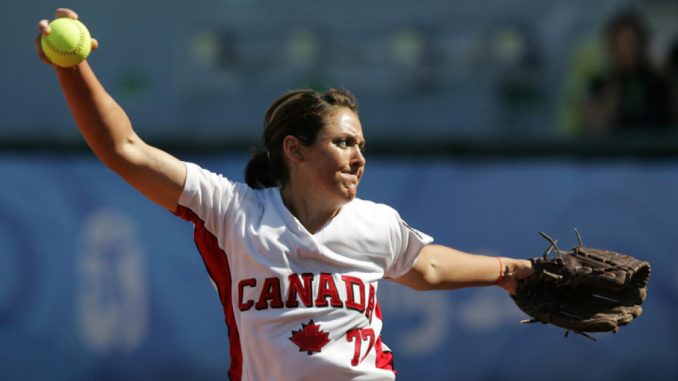
- Pete HoweEdmonton ll, a businessman and a coach, resigned as a coach for a community softball team in Edmonton, capital city of Canada’s Alberta province, when he learned that a transgender friend of his stepdaughter was not allowed to join the McLeod Royals team.
- They were required by sports officials to present evidence that the 15-year-old underwent gender change before she could join the Edmonton girls team.
- The Canadian government has included gender identity and expression as part of the country’s human rights code last year.
The rules governing the sports of softball in a Canadian city will be updated to be more inclusive for transgender players.
The move came on the heels of a coach who quit from his job upon learning that a 15-year-old transgender athlete would only be allowed to play after presenting a medical proof of sex reassignment surgery.
Gender change requirement
According to the transgender news article by Edmonton Sun published on March 21, Pete Howell, a businessman, resigned as a coach for a community softball team in Edmonton, capital city of Canada’s Alberta province, when he learned that a transgender friend of his stepdaughter was not allowed to join the McLeod Royals team.
They were required by sports officials to present evidence that the 15-year-old underwent gender change before she could join the Edmonton girls team.
Howell was about to prepare for the next season, but was shocked after being notified of the requirement.
“I have three kids I signed up in the same league and they weren’t singled out. They weren’t asked questions like that,” Howell said.
He criticized the city’s rules regarding transgender athletes, saying, “Technically not all kids can play — as much as they talk about it — without being put to the side and having to jump through a bunch of hoops.”
Moreover, he pointed out that the league was not the Olympics, but a community-level tournament.
Outdated and illegal
Howell went on to complain about the said rule, claiming that other parents have chosen to voice out their concerns. While the issue was being debated, the girl decided to no longer pursue in joining the team.
For Howell, that was the last straw and decided to resign from the post.
“I just said, ‘You know what? Good luck, I don’t want to be part of this,'” he said.
The controversy caught the attention of Hugh Mitchener, chief executive officer with Softball Canada in Ottawa. He explained that only after the complaints were lodged they learned that the rules of the organization were actually outdated and illegal.
“I checked with our lawyer and he said, ‘Yep. It’s no longer compliant. You need to change it'” he stated. “I checked with our lawyer and he said, ‘Yep. It’s no longer compliant. You need to change it.”‘
New rules
The Canadian government has included gender identity and expression as part of the country’s human rights code last year.
According to Mitchener, new rules were drafted and pending for the sport’s board approval. If passed, transgender athletes would be able to be part of the team they self-identity with. Softball groups in provinces that have the old policy were being notified about the updates for the upcoming season.
“I regret that it’s inconvenienced anybody,” he said. “I expect that this will make it a lot more comfortable for transgender players to compete in softball.”
The Edmonton Youth Softball Association, through its president, Tom Clooney, said that they trust that the national and provincial associations would stay on top of the policies and the law.
Clooney also said that the Edmonton association is in discussion with lawyers and LGBT groups to draft new transgender policies in order to guarantee participants will feel safe, accepted, and have fun.



Be the first to comment